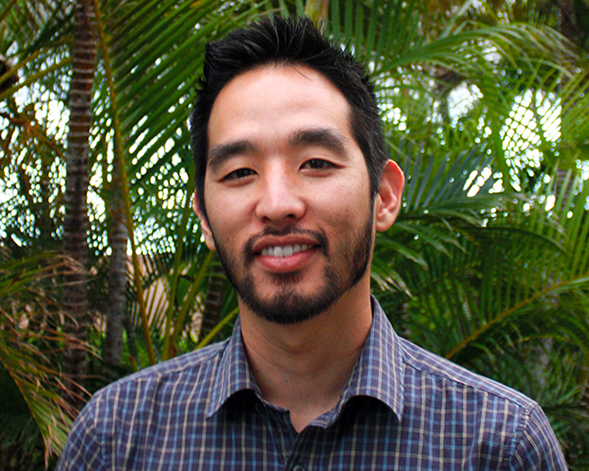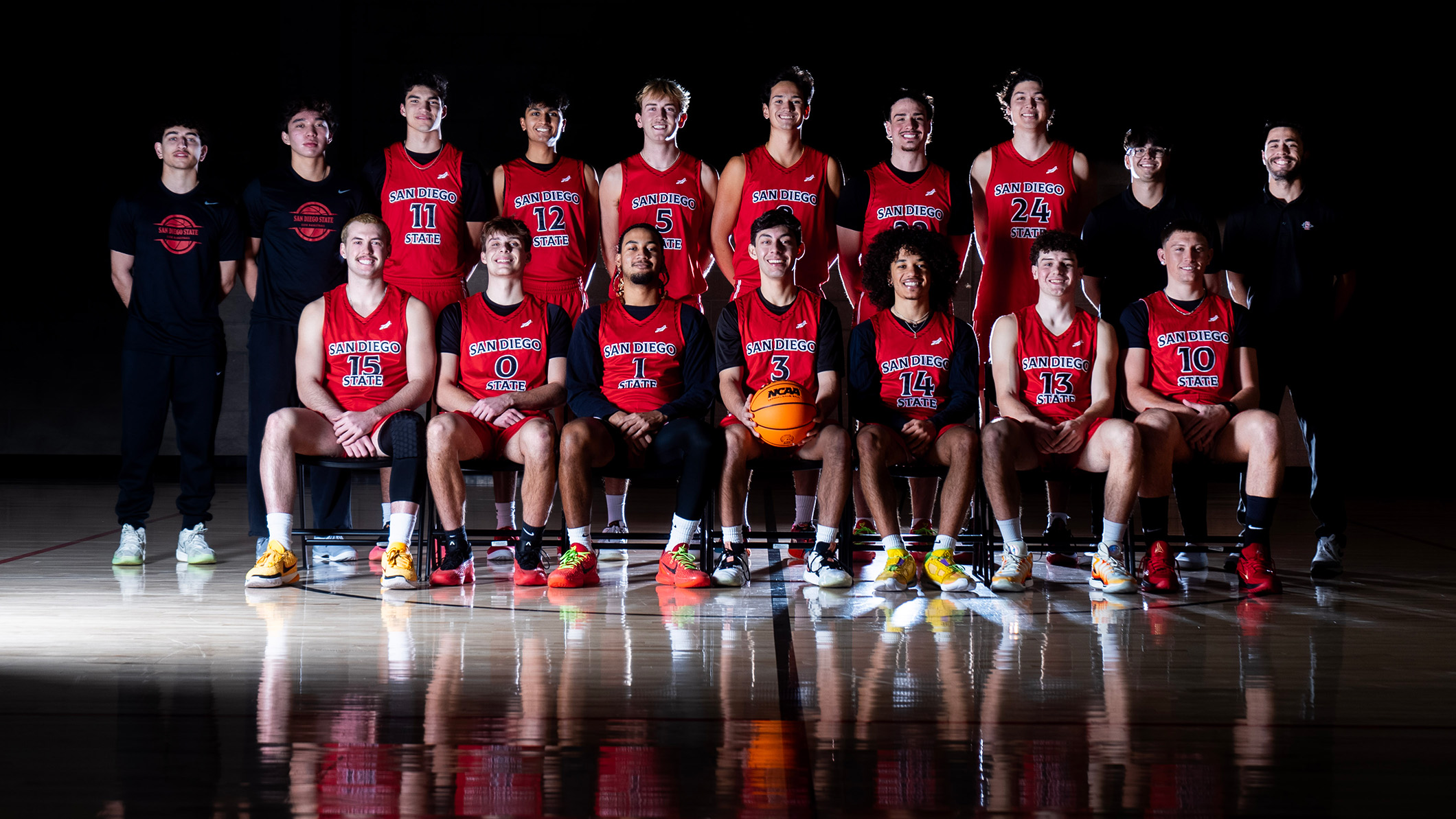SDSU Biologist Awarded Prestigious Sloan Fellowship
SDSU professor Nicholas Shikuma was awarded a $60,000 fellowship to further his research.

Shikuma studies the life cycles of sea creatures and their interaction with bacteria in the water. The goals of his research are to understand how bacteria stimulate animal development and to develop new methods to manipulate microbes for beneficial purposes.
Shikuma recently identified key developmental steps barnacles must take to metamorphose from their larval to adult state. Understanding this process could eventually help tackle major environmental issues.
“My lab found a bacterial factor that’s involved in triggering metamorphosis of tubeworms and similar marine organisms,” said Shikuma. “The award from the Sloan Foundation will help us figure out how these bacteria can be used to stimulate coral reef growth.”
A team effort
Shikuma’s lab staff consists of SDSU graduate and undergraduate students and a postdoctoral researcher. The fellowship will allow Shikuma to provide his team with more resources to design and fund the experiments at the heart of his work.“Dr. Shikuma’s lab provides research and mentoring opportunities for students at all levels of their academic career,” said Stephen Welter, SDSU’s vice president for research and dean of graduate affairs. “His lab is a role model for SDSU’s mission to foster excellence in research and develop results that can be applied to real-life challenges.”
Shikuma’s lab is a part of SDSU’s Viral Information Institute which is led by biologists Forest Rohwer and Anca Segall. The institute is at the forefront of investigations into microbial genomics.
Segall, Shikuma’s faculty mentor, nominated him for the award.
“It’s really nice to see that the importance of the research I was hired to do at SDSU is being recognized by the broader academic community,” said Shikuma.
Honoring rising stars
The Sloan Research Fellowships are open to scholars in eight scientific and technical fields and are awarded in close coordination with the scientific community. Candidates must be nominated by fellow scientists. Winning fellows are selected by independent panels of senior scholars on the basis of each candidate’s independent research accomplishments, creativity, and potential to become a leader in his or her field.“The Sloan Research Fellows are the rising stars of the academic community,” says Paul Joskow, president of the Alfred P. Sloan Foundation. “Through their achievements and ambition, these young scholars are transforming their fields and opening up entirely new research horizons.”
Shikuma is one of 126 American and Canadian recipients of the 2017 Sloan Research Fellowships. The prize has been awarded annually since 1955. A full list of the 2017 Fellows is available at the Sloan Foundation website.



